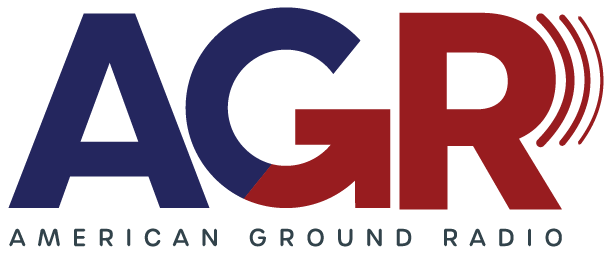Pandemic Unemployment
The employment report from December came in at a disappointing 199,000 new jobs last week, according to the United States Department of Labor (422,000 new jobs were expected to be added). Conversely, the number of new applications for unemployment benefits climbed 7,000 (for the week ending 1/1/22) to 207,000 – which was more than anticipated. The federal government reported also that there are 10.6 million open jobsand yet fewer and fewer unemployed Americans are even looking for work, in the first place.
In fact, there are 3.7 million more open jobs than those seeking work – and this number is growing. Last August, there was (only) 1 million more job openings than people looking for work. So, how did we end up with more job openings than unemployed people? There are certainly a myriad of explanations.
One reason, say economists at the University of Chicago, is that 68 percent of unemployed workers, during the height of the pandemic, received government benefitsgreater than their lost earnings from their employer. They found the estimated median replacement rate — which is the share of a worker’s original weekly salary that wasbeing replaced by unemployment benefits — was 134 percent above their original wage.
So, as one man put it, “If the government is going to pay you to stay home, you’re going to do that unless that job you really want comes along.”
But millions of Americans also say they aren’t working because of the fear of getting or spreading Covid-19. Some also say they don’t have access to childcare now, especially with so many schools returning to virtual learning, as teachers refuse to return to the classroom, like in Chicago and Boston. Some who are unemployed say they don’t have the skills needed for the jobs that are available, or many others say they are unwilling to switch to a new career.
NPR recently interviewed one unemployed woman from Illinois who explained, "I think the pandemic just allowed for time," she says. "You just have more time to think about what you really want." But at what (and at whose) expense? The taxpayers, mainly, it seems.
Consider the Biden administration increased food stamp benefits by 25% and eliminated the work requirement for low-income families to receive $3,600 per child from the federal government, and that’s on top of any aid they already receive from food stamps, Medicaid, WIC, housing, and Temporary Assistance to Needy Families – all without working, or looking for work, or attending training or education to prepare them to work.
“There’s no work requirements whatsoever,” said Senator Joe Manchin. “There’s no education requirements whatsoever for better skill sets. Don’t you think, if we’re going to help the children, that the [parents] should make some effort?”
Of course, there are five million fewer Americans working than before the Covid-19 shutdowns – and while childcare or fear of contracting/spreading Covid-19 are factors influencing the growing unemployment numbers, doesn’t it seem that people have lost their desire to work, following more than a year of – essentially – universal basic income with “cradle-to-grave” government dependence?
This perhaps explains why employers are finding fewer employees who are willing to work full time, weekends, or evenings. Andy Puzder of Real Clear Politics put it this way, “People struggling financially” will never find fulfilling jobs “if the government seduces them into living off what other people produce rather than realizing their potential.”
And he’s absolutely right.
You see, each one of us is responsible for our own individual prosperity and happiness. It’s called “the American dream,” and no one who has climbed that ladder – or pulled themselves back up when they have fallen – credits government spending and “cradle-to-grave” entitlements for their achievements.
What liberals don’t understand is that most people don’t want just a handout – because a job is more than just income. More than just what we do to pay the bills. A loss of a job is the loss of control for folks to earn a living and take care of their families. Going to work is not just the physical effort alone, but it represents who we are as a country, and it is how we have defined ourselves to the world.
That’s why, if we’re ever going to put this nation back on the right path, we must first putpeople back to work.
It’s the path less traveled by…and it has always made all the difference.

